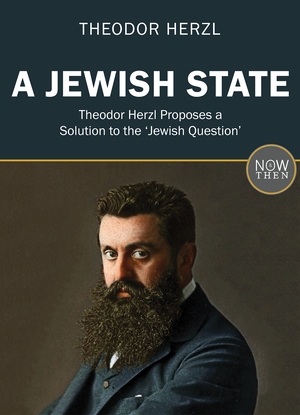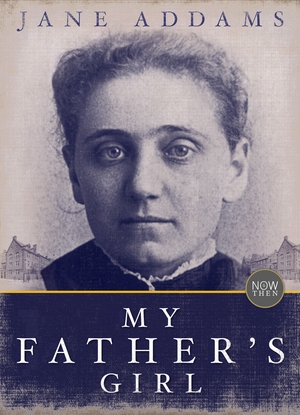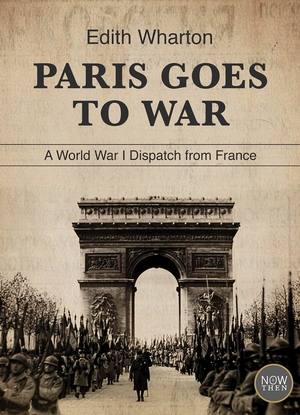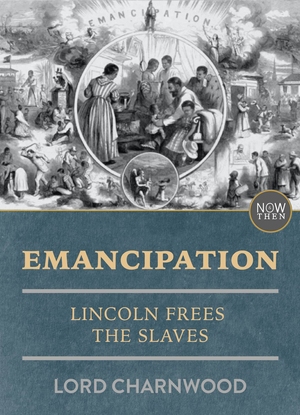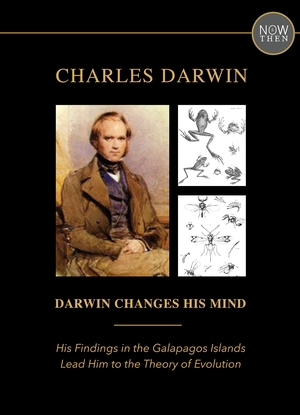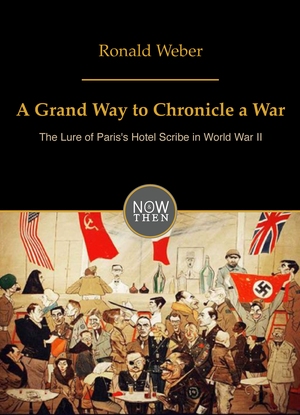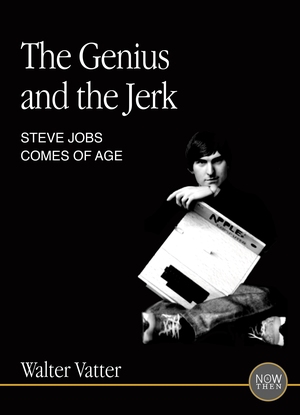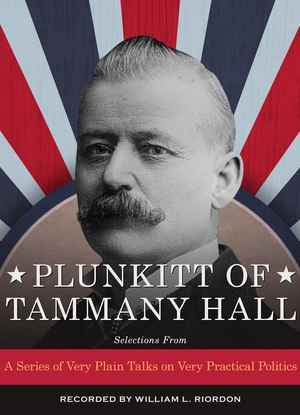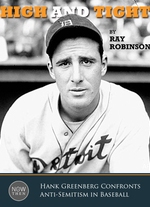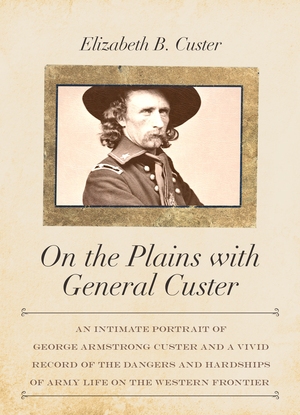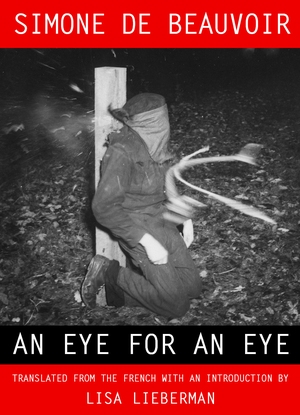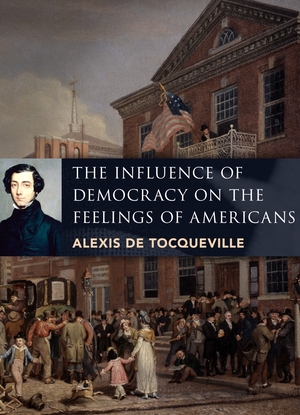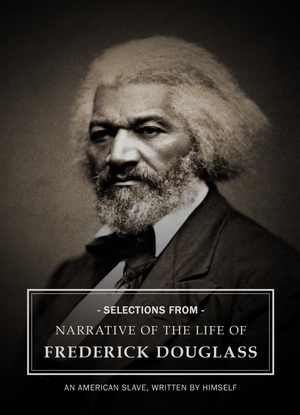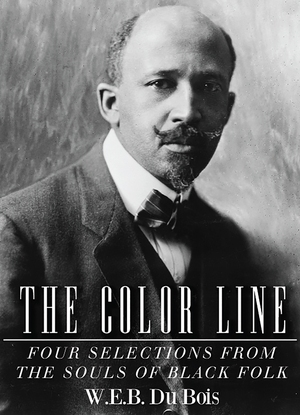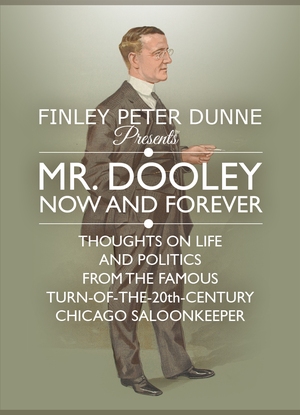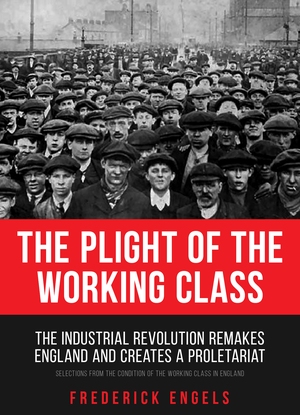Nonfiction Books and Essays
Featuring good writing for serious readers, Now and Then short-form nonfiction books and essays are available exclusively as Kindle books, Nook Books, iPad books or ebooks for other popular mobile devices.
Each week, we publish original titles, excerpts from forthcoming books, and reprints of work worthy of being read again. We focus on writing that is historically based but also has relevance for present day events.
Our latest titles can be found in the list below.
Selections from Boots and Saddles Or, Life in Dakota with General Custer
by Elizabeth B. Custer
American HistoryLibbie Custer’s Boots and Saddles, published in 1885, offers not only an intimate portrait of her husband George Armstrong Custer, the tragic commander of the Battle of the Little Big Horn. It also vividly records the dangers and hardships of life on the Western frontier for those army wives who followed their husbands from one post to another. Such accounts are scarce. The existence Libbie relates was difficult and sometimes precarious, and when the soldiers left for campaigns against the Indians, the wives waited uneasily at home for news.
His Findings in the Galapagos Islands Lead Him to the Theory of Evolution
by Charles Darwin
History, Natural HistoryIn 1831, Charles Darwin, twenty-two years old and a student of the ministry at Cambridge University, signed on to accompany the captain of the HMS Beagle on a voyage to survey the poorly known coastal areas of South America. Young Darwin’s account of this five-year journey became one of the world’s great travel books—The Voyage of the Beagle—but his experience also led him toward a theory of evolution that overthrew the most fundamental beliefs of man’s place in the world. And a key encounter in this regard was Darwin’s visit to the Galapagos Islands with its myriad species.
by Simone de Beauvoir
Translated from the French with an introduction by Lisa Lieberman
European History, Philosophy, Military HistoryWhere does vengeance end and justice begin? In Simone de Beauvoir’s compelling essay, written in the aftermath of World War II, she explains why she refused to call for the pardon of a prominent right-wing collaborator with the Nazis.
by Alexis de Tocqueville
American HistoryIn this excerpt from his classic analysis of American political life, Tocqueville seeks to understand why democracy causes Americans to feel the way they do about equality, freedom, individualism, religion, associations, and physical pleasures.
An American Slave, Written by Himself
by Frederick Douglass
American HistoryThe story of Frederick Douglass’s struggles as a slave, his desire to learn to read and write, his yearning to be a free man, and his escape to freedom is compactly but passionately related in this Narrative, first published in 1845. The book became one of the great autobiographical statements in the history of American reform.
Four Selections from The Souls of Black Folk
by W. E. B. Du Bois
American History, United States HistoryFour essays, provocative and often poetic, about the black experience in America and the quest for equality at the turn of the twentieth century. The most celebrated essay is Du Bois’s attack on Booker T. Washington’s approach to the improvement of American Negroes, a powerful objection to Washington’s leadership. The other three selections concern the Freedmen’s Bureau after the Civil War and its failed promise; the relations between whites and blacks in the South, then and for the future; and the influence of black religion, especially the church as a social center.
Thoughts on Life and Politics from the Famous Turn-of-the-20th-Century Chicago Saloonkeeper
by Finley Peter Dunne
United States History, Political Science, American History, U.S. History, U.S. GovernmentMr. Dooley, a turn-of-the-20th-century Irish saloonkeeper from Chicago’s Archer Avenue (“Ar-rchey Road,” he called it) on the city’s southwest side, was the creation of Finley Peter Dunne, a Chicago newspaperman. Mr. Dooley analyzed world affairs for the equally fictitious Mr. Hennessey, and his opinions went out to the real press and the reading public. They are current—and funny. The problems confronting America a hundred years ago are among those that remain unsolved today.
The Industrial Revolution Remakes England and Creates a Proletariat Selections from The Condition of the Working Class in England
by Frederick Engels
European History, Economic HistoryAmong the profusion of books and pamphlets and inquiries throughout Western Europe in the mid-19th century that addressed the condition of the working class under the new industrialism, Engels’ book, based on firsthand observation and on other available sources, stood out. Today it remains, as Eric Hobsbawm notes, “the first large-scale attempt to apply the Marxist method to the concrete study of society . . . [and] by far the best single book on the working class of the period.”
